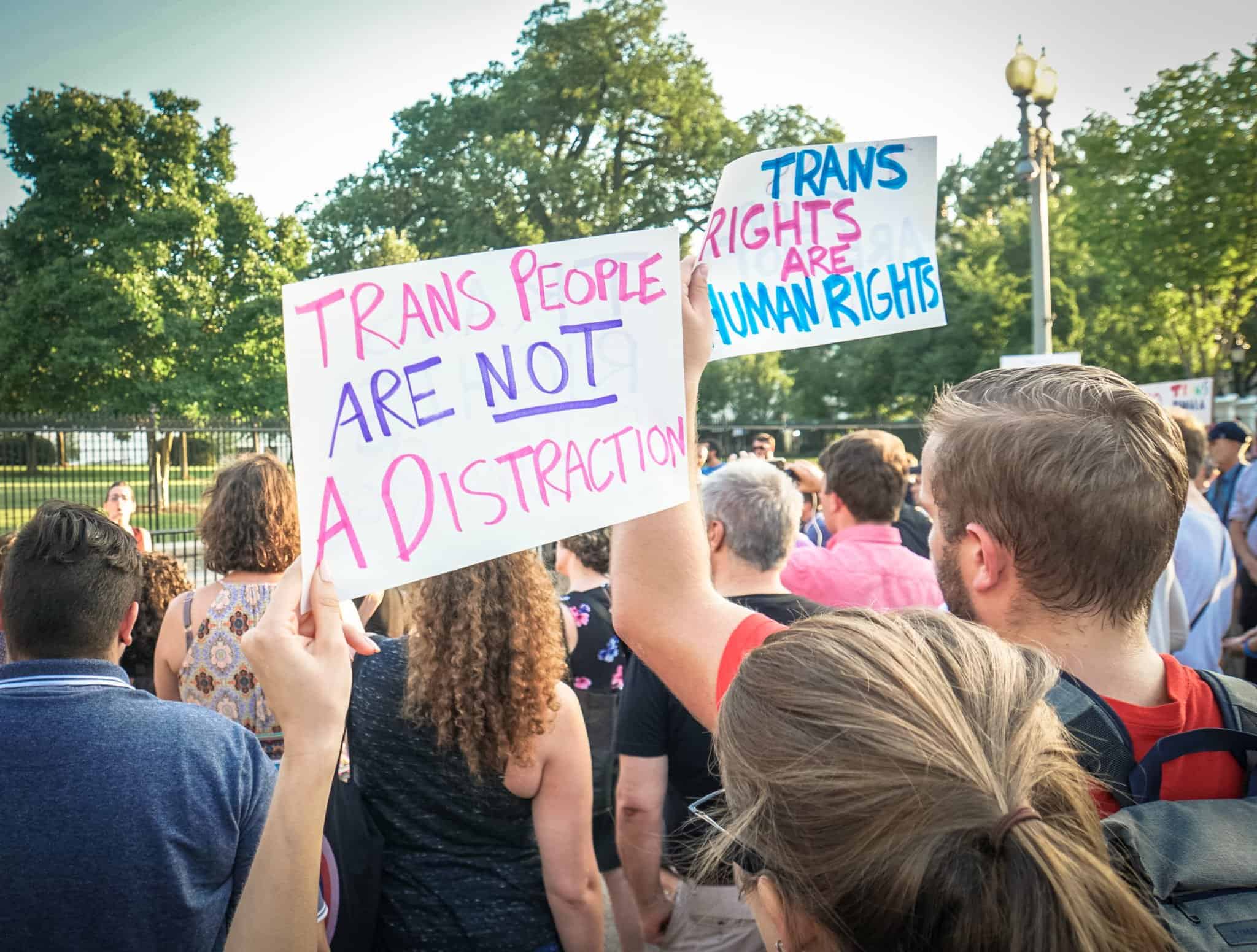
Holden Hopkins is a student at Harvard Law School.
In today’s News & Commentary, Iowa’s rollback of anti-bias protections for trans individuals tees up a likely court challenge and Homeland Security Secretary moves to gut collective bargaining rights for Transportation Security Administration agents.
On February 28, Iowa Governor Kim Reynolds signed into law a bill removing gender identity as a protected category under state anti-bias laws. This action comes amid broader federal attacks against trans individuals and their rights in the workplace and beyond. The law also contradicts the 2020 Supreme Court ruling in Bostock v. Clayton County, which recognized gender identity discrimination under federal law.
Legal experts predict lawsuits citing violations of the Fourteenth Amendment’s Equal Protection Clause and conflicts with federal anti-bias laws. Advocates argue that states cannot provide fewer protections than federal law requires. This decision follows Iowa’s previous restrictions on transgender rights, including limits on bathroom access and participation in school sports. Similar legal tensions are emerging in other states like Utah, indicating broader implications for transgender rights across the U.S.
The upcoming court battles will determine whether states can strip away protections once granted and whether federal law ultimately overrides state-level rollbacks.
Homeland Security Secretary Kristi Noem has taken sweeping action to prevent the Transportation Security Administration (TSA) from unionizing again, following her decision to revoke collective bargaining rights for transportation security officers. In a Feb. 27 memo, Noem directed TSA leadership to explore ways to ensure that future administrations cannot restore union rights without congressional intervention.
The move is part of a broader effort under the Trump administration to reduce the federal workforce and weaken the influence of unions. Noem claims that union representation has hindered TSA’s operational flexibility and mission effectiveness. The directive also halts payroll deductions for union dues and blocks grievance reviews tied to past collective bargaining agreements. AFGE, which has represented TSA workers since 2011, has vowed to challenge the decision, setting the stage for a legal and political battle over workers’ rights within the federal agency.






Daily News & Commentary
Start your day with our roundup of the latest labor developments. See all
July 11
Regional director orders election without Board quorum; 9th Circuit pauses injunction on Executive Order; Driverless car legislation in Massachusetts
July 10
Wisconsin Supreme Court holds UW Health nurses are not covered by Wisconsin’s Labor Peace Act; a district judge denies the request to stay an injunction pending appeal; the NFLPA appeals an arbitration decision.
July 9
In Today’s News and Commentary, the Supreme Court green-lights mass firings of federal workers, the Agricultural Secretary suggests Medicaid recipients can replace deported farm workers, and DHS ends Temporary Protected Status for Hondurans and Nicaraguans. In an 8-1 emergency docket decision released yesterday afternoon, the Supreme Court lifted an injunction by U.S. District Judge Susan […]
July 8
In today’s news and commentary, Apple wins at the Fifth Circuit against the NLRB, Florida enacts a noncompete-friendly law, and complications with the No Tax on Tips in the Big Beautiful Bill. Apple won an appeal overturning a National Labor Relations Board (NLRB) decision that the company violated labor law by coercively questioning an employee […]
July 7
LA economy deals with fallout from ICE raids; a new appeal challenges the NCAA antitrust settlement; and the EPA places dissenting employees on leave.
July 6
Municipal workers in Philadelphia continue to strike; Zohran Mamdani collects union endorsements; UFCW grocery workers in California and Colorado reach tentative agreements.